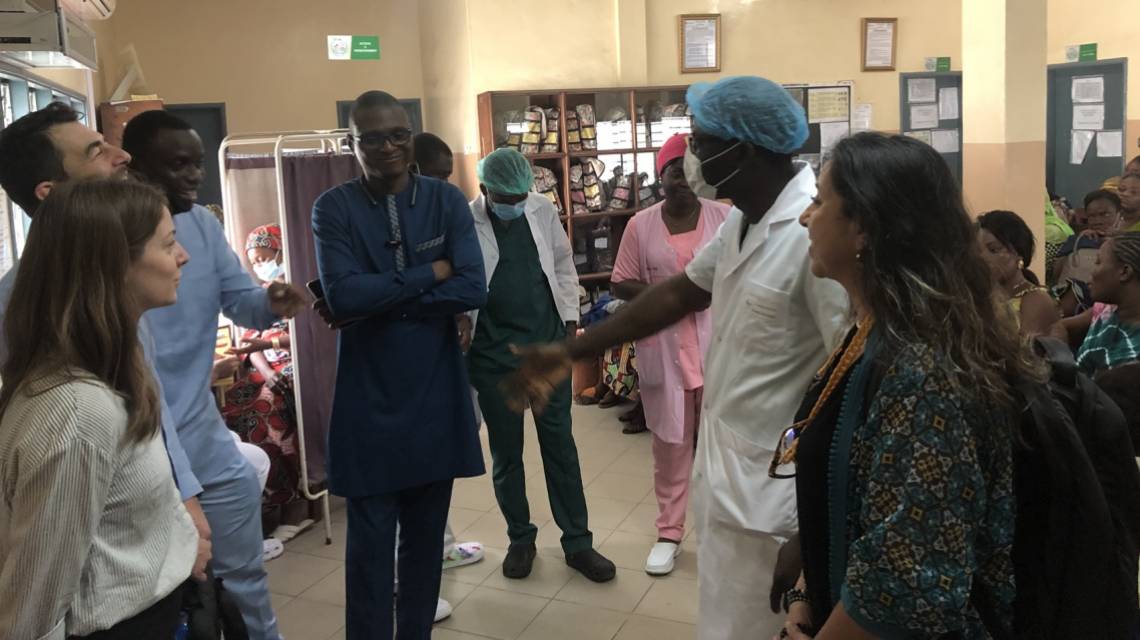Benin has approximately 7 000 new cancer cases each year, according to the International Agency for Research on Cancer’s (IARC) Global Cancer Observatory, and close to 5 000 cancer deaths annually. To help address these relatively low survival rates, sufficiently equipped facilities, trained staff and modern technology, as well as a comprehensive National Cancer Control Plan (NCCP), are needed.
Since the beginning of this year, a technical team organized by Benin’s National Programme for the Control of Non-Communicable Diseases (PNLMNT) have been planning for the development and implementation of a National Cancer Control Plan (NCCP) to address the country’s growing cancer burden. These efforts have been supported by IAEA and World Health Organization (WHO) experts who, under the IAEA’s Rays of Hope initiative, have helped validate the priorities and objectives of the draft NCCP, and are providing training support as the Benin government invests in the construction of a new national hospital – Abomey-Calavi Reference Hospital – which will offer, for the first time in the country, radiotherapy and nuclear medicine services. The delivery of critical equipment to the hospital will also be supported through Rays of Hope.
“The Ministry of Health in Benin is committed to ongoing investments in cancer control, and the NCCP is a key strategic document to support these efforts,” said Lamidhi Salami, President of the National Committee for Primary Health Care (CNSSP). “This plan highlights the importance of a strong primary care system to provide accessible and comprehensive cancer care, starting at the first contact of the patient with the health system.”







